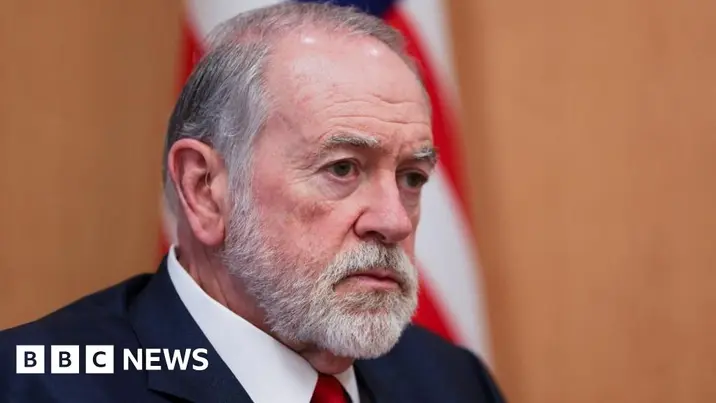T4K3.news
Cultural leaders urged to drop Netrebko
Ukrainian artists and UK MPs urge Royal Opera House and Royal Ballet to drop Anna Netrebko over Putin-linked ties
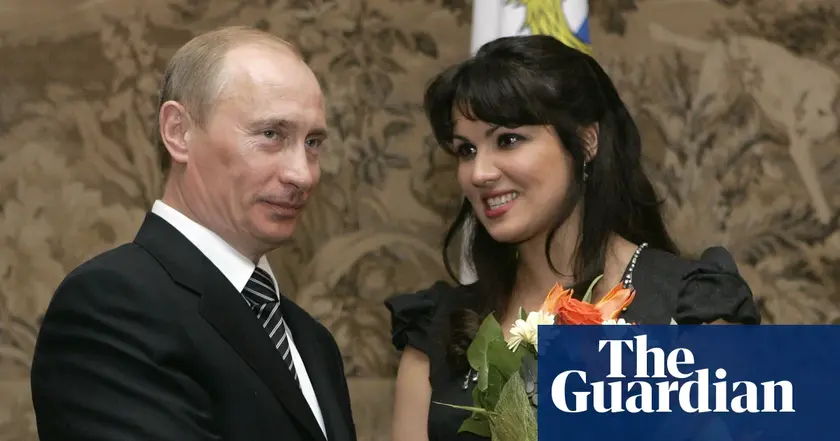
Exclusive: Ukrainian artists and UK MPs urge the Royal Opera House and Royal Ballet to drop Anna Netrebko over links to Russia and the war.
Royal Ballet and Opera House urged to drop Russian soprano with Putin links
More than 50 Ukrainian writers and artists, a cross party group of UK MPs, and a former New Zealand prime minister have urged the Royal Opera House and Royal Ballet to drop Anna Netrebko from its Tosca production next month. In a letter to the Guardian, they call Netrebko a longtime symbol of cultural propaganda for a regime responsible for war crimes. They say the Royal Opera House has put itself on the wrong side of history by inviting Netrebko to sing title roles as Russia escalates attacks on Ukrainian cities and civilians and tries to erase Ukrainian culture.
The Guardian letter notes the Royal Opera House and Netrebko declined to comment. It follows a recent move by the Royal Opera House to pull a Tosca production in Tel Aviv after Royal Opera and Ballet members voiced criticism of its stance on Gaza. The ROH chief executive, Alex Beard, defended a shift in his organization and said actions must reflect evolving values, even as the business side of touring and casting remains a factor. Netrebko is due to perform four nights at Covent Garden this September and again in December, in Turandot, tying her presence to a high profile season with substantial audience expectations.
Key Takeaways
"You can’t explain it as ‘complex geopolitics’. It’s not complex. It’s simple. Don’t invite Russian supporters of the regime to perform."
Sobel on Netrebko invitation to the London season
"Anna Netrebko may be a fine soprano but she has previously shown support for Russian separatists in Ukraine and has said nothing to condemn Russian brutality since a single statement over three years ago."
Whittingdale on Netrebko
"Our support for Ukraine was aligned with the global consensus at the time. As the world’s geopolitics have become more complex, our stance has changed to ensure that our actions reflect our purpose and values."
Alex Beard explaining the ROH stance
"Ukraine is fighting for all our freedoms. This is adding insult to injury."
Sobel on the impact of inviting Netrebko
Cultural institutions often insist on neutrality, but this episode shows how quickly artistic programming intersects with politics. Netrebko’s past associations and public statements are now used to argue that a stage can become a political symbol, not just a venue. The case highlights a wider question for cultural employers: should heritage and revenue trump questions of accountability and human rights? The ROH response points to a broader trend of recalibrating public actions in line with shifting geopolitical realities, a move that could reshape how audiences perceive acceptability in casting and repertoire.
Highlights
- Art cannot be a prop for aggression
- A stage should not become a political battleground
- Culture must stand for those fighting for freedom
- Power should not dictate who performs on stage
Political sensitivity risk surrounding casting and public reaction
The issue involves political stances, international conflict, and public reaction, which could trigger backlash from audiences, sponsors, or international partners. Coverage could influence funding discussions and future programming.
Art keeps finding a moral compass even when the spotlight is bright.
Enjoyed this? Let your friends know!
Related News
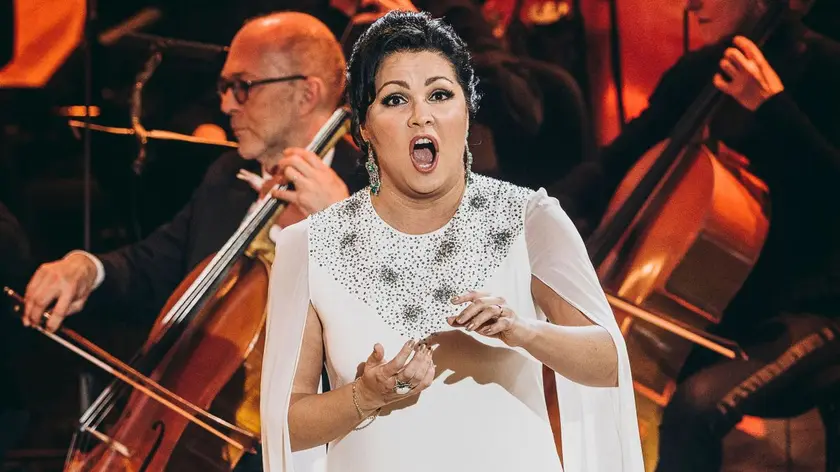
Royal Opera urged to drop Netrebko from Tosca
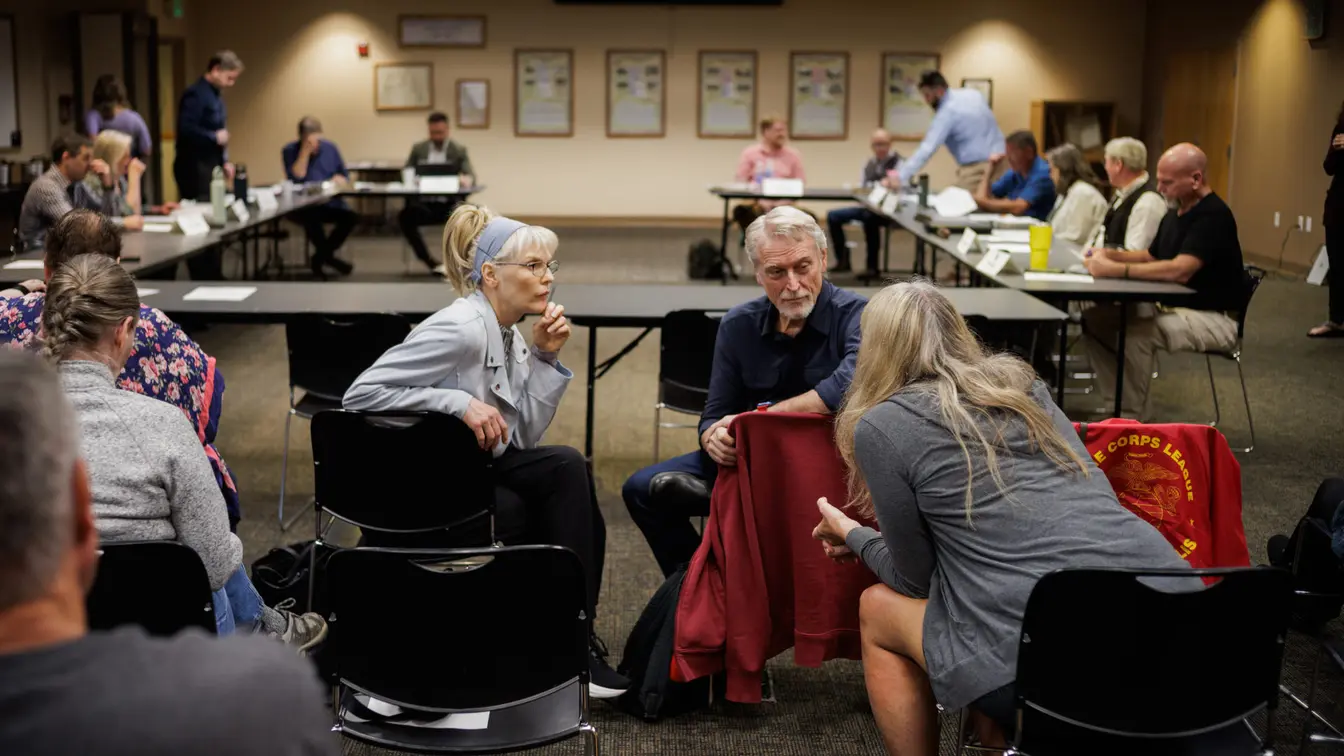
Idaho Implements New Vaccine Policies Amid Trust Crisis
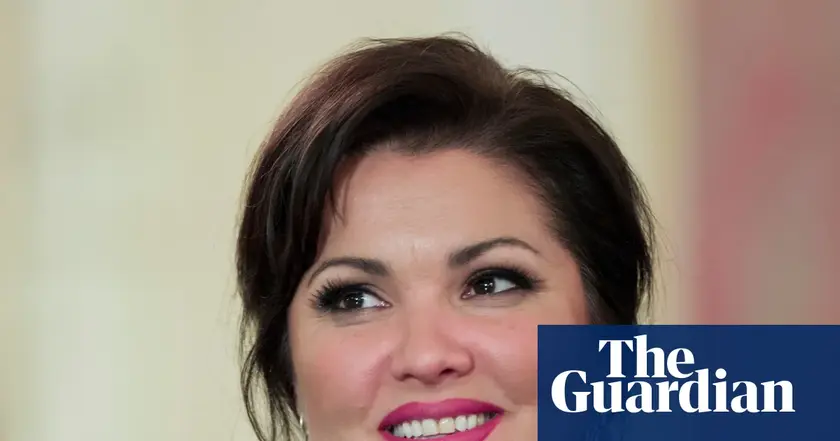
Ukraine calls for a rethink of Netrebko invitation
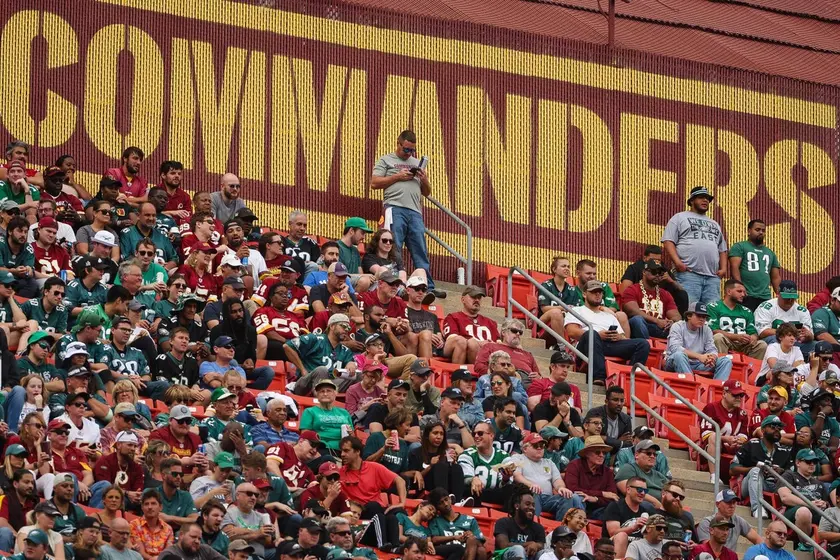
Trump pushes for name changes in Washington and Cleveland
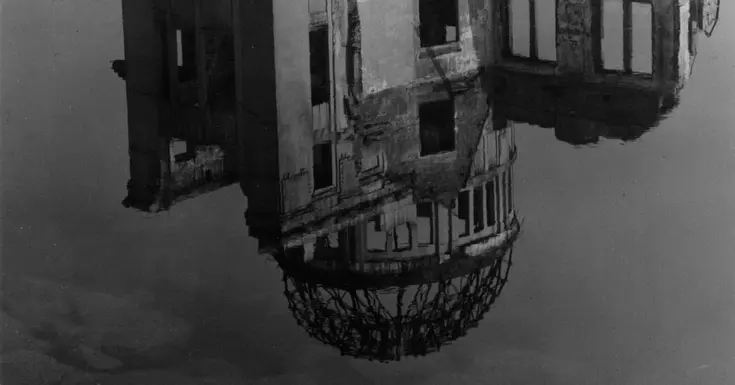
Art Reflects on 80 Years Since Hiroshima
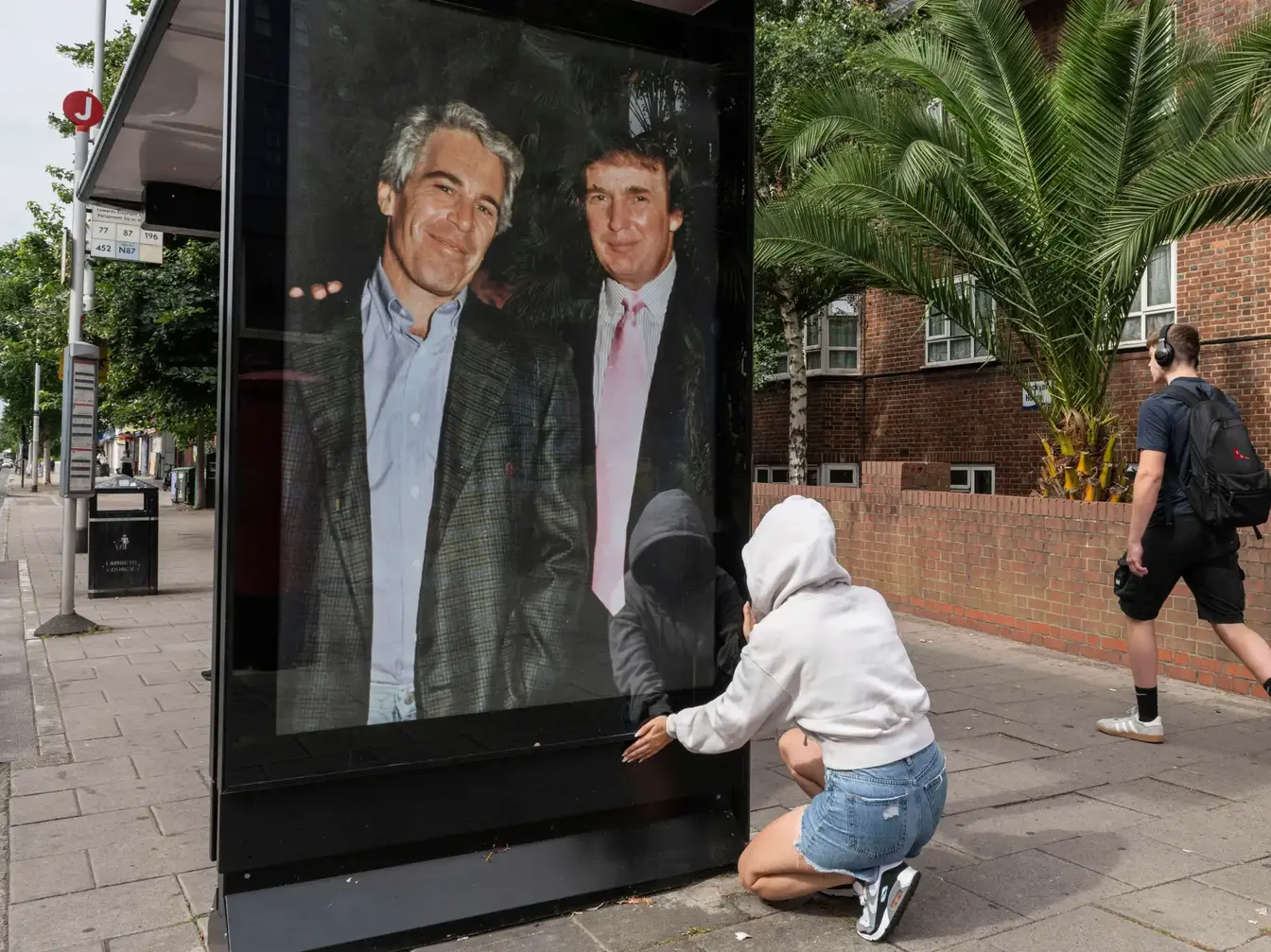
Trump releases newly declassified MLK documents
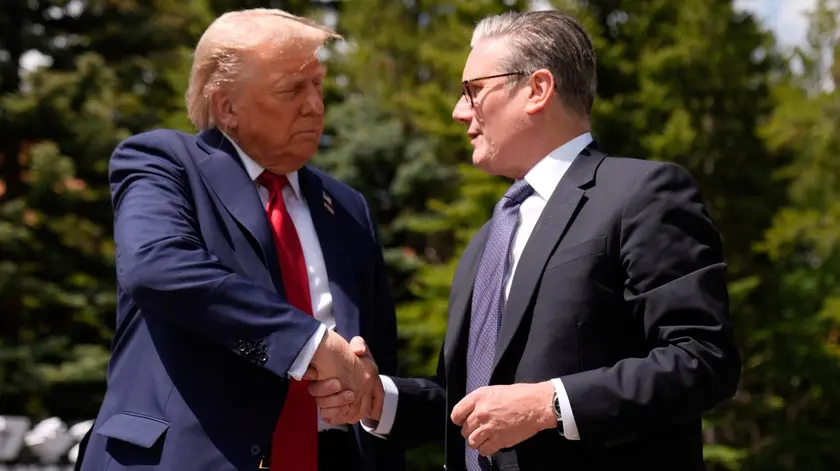
Starmer to Urge Trump on Gaza Ceasefire Negotiations
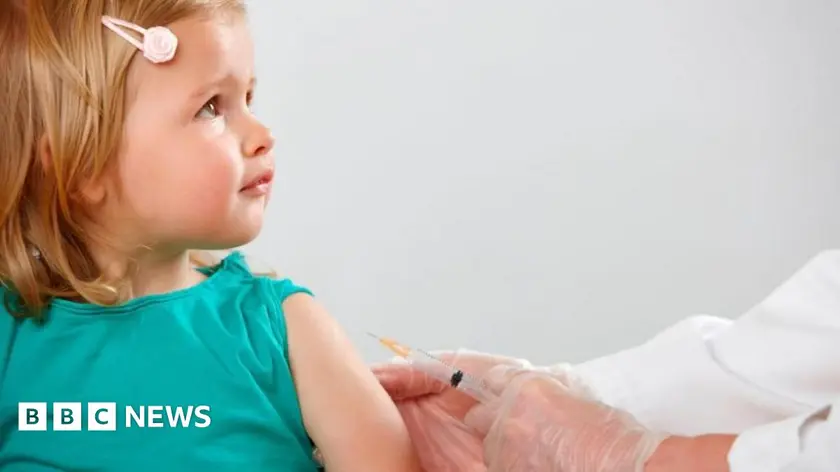
Kent and Medway push for MMR vaccine uptake
